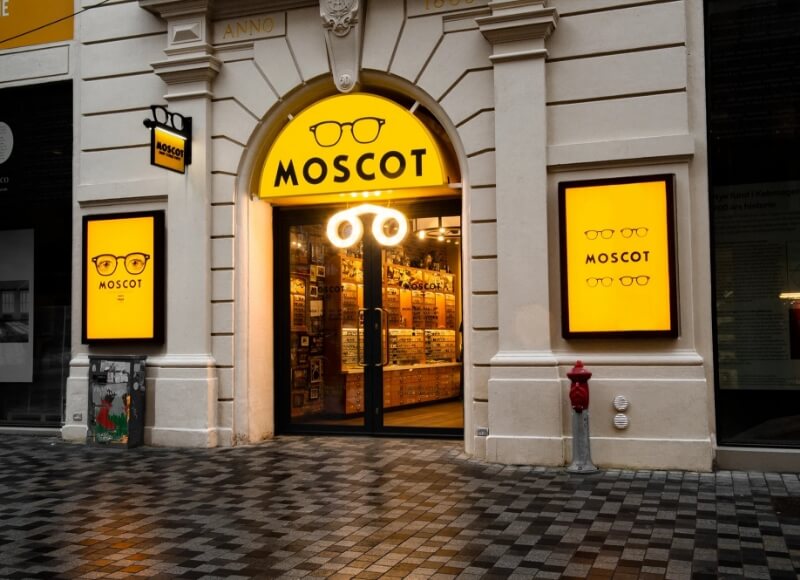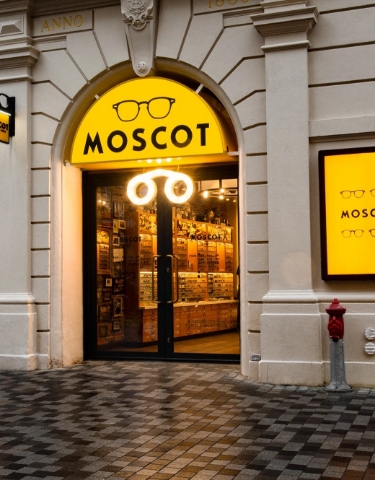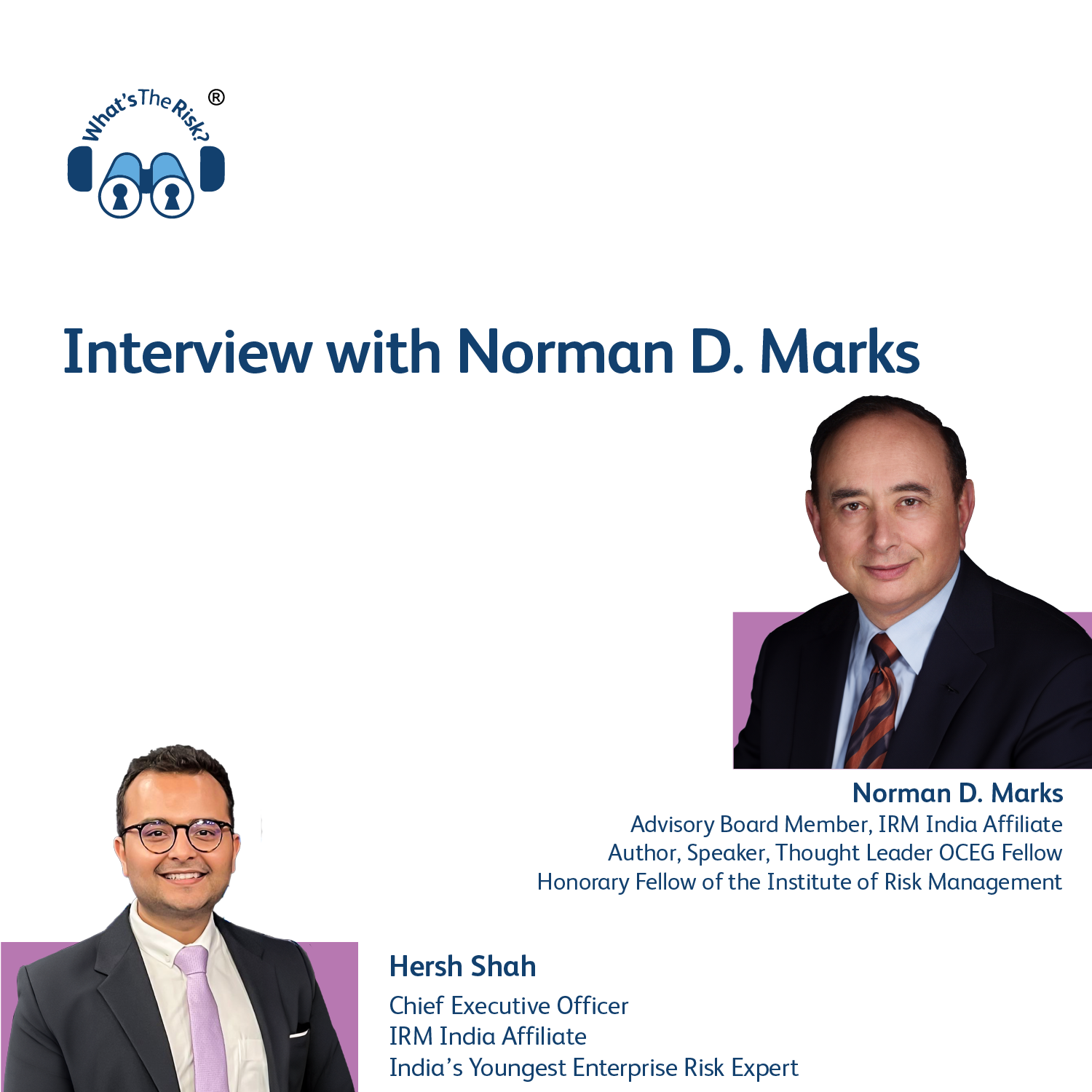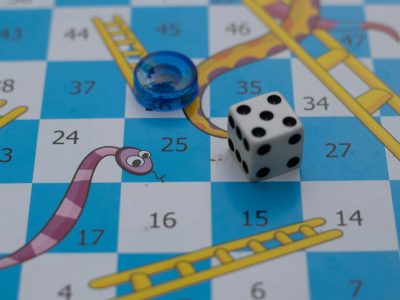Introduction
In the ever-evolving landscape of business, longevity is a rare and admirable trait. Moscot Eyewear, a New York City-based family-owned business, stands as a testament to resilience, strategic foresight, and effective succession planning. Founded in 1915 by Hyman Moscot, the company has successfully transitioned through five generations, continually adapting to changing market dynamics while preserving its unique heritage. This article explores how Moscot Eyewear exemplifies effective succession planning and risk management, the key strategies that have contributed to its longevity, its unique selling proposition (USP), and the lessons it offers to family business owners on integrating enterprise risk management (ERM).
The Journey of Five Generations
Moscot Eyewear’s journey began over a century ago when Hyman Moscot, an immigrant from Eastern Europe, started selling ready-made eyeglasses from a pushcart on Orchard Street in Manhattan’s Lower East Side. The business grew steadily, establishing its first retail shop in 1925. Since then, each generation of the Moscot family has played a pivotal role in nurturing and expanding the business.
- Hyman Moscot (Founder): Hyman laid the foundation with a focus on quality eyewear and personalized customer service. His entrepreneurial spirit and dedication to craftsmanship set the tone for future generations.
- Sol Moscot (Second Generation): Sol, Hyman’s son, expanded the business during the challenging times of the Great Depression and World War II. He emphasized the importance of community relationships, which became a cornerstone of the brand’s identity.
- Joel Moscot (Third Generation): Joel modernized the business, introducing new technologies and expanding product lines. He also established the company’s wholesale division, ensuring a wider reach.
- Harvey Moscot (Fourth Generation): Harvey navigated the business through the digital age, leveraging e-commerce and social media to reach a global audience. He focused on brand building and maintaining the company’s reputation for quality and authenticity.
- Zack Moscot (Fifth Generation): Currently at the helm, Zack continues to innovate while preserving the brand’s heritage. Under his leadership, Moscot has expanded its global footprint with stores in major cities worldwide.
Key Strategies for Survival and Success
Moscot Eyewear’s enduring success can be attributed to several key strategies that have been meticulously honed over generations.
- Commitment to Quality and Craftsmanship: From its inception, Moscot has prioritized high-quality materials and meticulous craftsmanship. This unwavering commitment to quality has earned the brand a loyal customer base and a reputation for excellence.
- Adaptability and Innovation: Each generation of the Moscot family has embraced change and innovation. Whether it was introducing new technologies, expanding product lines, or leveraging digital platforms, Moscot has consistently adapted to market trends while staying true to its core values.
- Strong Family Governance: Effective family governance has been crucial to Moscot’s success. Clear roles and responsibilities, open communication, and a shared vision have ensured smooth transitions between generations and minimized potential conflicts.
- Focus on Brand Heritage and Storytelling: Moscot has masterfully leveraged its rich history and heritage as a marketing tool. The brand’s storytelling, which highlights its century-old legacy, resonates with customers and differentiates it from competitors.
- Community Engagement: Building and maintaining strong community relationships has been a cornerstone of Moscot’s business strategy. By staying connected to its roots in New York City and engaging with local communities, Moscot has fostered a sense of loyalty and trust.
Moscot’s Unique Selling Proposition (USP)
Moscot’s USP lies in its unique blend of heritage, quality, and personalized service. Unlike many eyewear brands that focus solely on fashion or affordability, Moscot offers a holistic experience that combines:
– Personalized Service: Every customer interaction at Moscot is tailored to individual needs. Whether in-store or online, the brand emphasizes personalized service, ensuring each customer feels valued and receives expert guidance.
– Authenticity and Heritage: With over a century of history, Moscot’s heritage is deeply woven into its brand identity. The company’s rich story of immigrant entrepreneurship, family values, and resilience resonates with customers and creates a strong emotional connection.
– Quality Craftsmanship: Moscot’s eyewear is crafted with precision and attention to detail. The use of premium materials and rigorous quality control ensures that each pair of glasses meets the highest standards.
Lessons for Family Business Owners: Integrating Enterprise Risk Management (ERM)
Moscot’s successful navigation through five generations provides valuable lessons for family business owners on integrating ERM into their operations.
- Proactive Succession Planning: One of the most significant risks for family businesses is the transition of leadership. Moscot has demonstrated the importance of proactive succession planning, where potential successors are identified, groomed, and prepared for leadership roles well in advance. This reduces uncertainty and ensures a smooth transition.
- Diversification and Innovation: While staying true to its core values, Moscot has continually diversified its product offerings and embraced innovation. Family businesses should regularly assess market trends and customer preferences, and be willing to innovate to stay relevant and competitive.
- Strong Governance Structures: Effective governance structures, including clear roles, responsibilities, and decision-making processes, are essential for mitigating risks. Moscot’s strong family governance has helped manage potential conflicts and align the family’s vision with the business’s goals.
- Financial Prudence: Financial stability is critical for managing risks. Moscot has maintained financial prudence through careful management of resources, reinvestment in the business, and strategic expansion. Family businesses should focus on building financial reserves to withstand economic downturns and unforeseen challenges.
- Brand and Reputation Management: A strong brand and reputation are valuable assets that need continuous management. Moscot’s emphasis on quality, authenticity, and customer service has strengthened its brand. Family businesses should invest in brand building and maintain high standards to protect their reputation.
- Risk Assessment and Mitigation: Regular risk assessments are vital for identifying potential threats and opportunities. Moscot’s ability to adapt to changing market conditions demonstrates the importance of proactive risk management. Family businesses should implement comprehensive ERM frameworks to identify, assess, and mitigate risks.
- Leveraging Heritage and Storytelling: Moscot’s success in leveraging its heritage and storytelling highlights the importance of a strong brand narrative. Family businesses with rich histories should incorporate their stories into their marketing strategies to create a unique brand identity and emotional connection with customers.
Conclusion
Moscot Eyewear stands as a pioneering example of how effective succession planning and risk management can ensure the longevity and success of a family business. The company’s journey through five generations, marked by adaptability, innovation, and a strong commitment to quality and heritage, offers valuable lessons for family business owners worldwide. By integrating ERM into their operations, family businesses can navigate the complexities of succession, manage risks effectively, and build a legacy that endures for generations.















